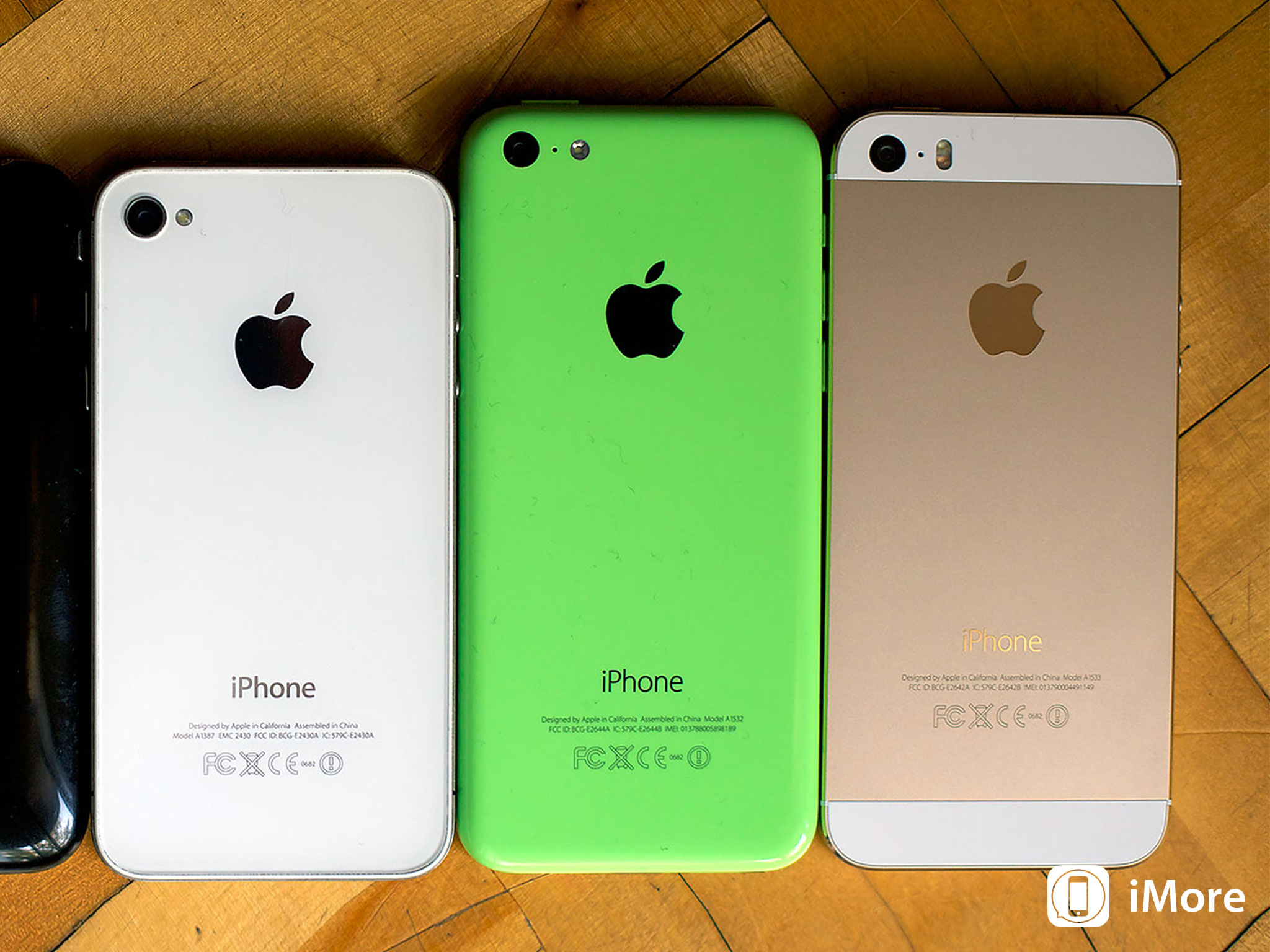Why all the fuss about the potential end of iPhone subsidies?

With AT&T reporting its financial results this week the media is buzzing about comments they (and others) have made to the effect that smartphone subsidies may eventually come to an end. The theory being floated is that future mobile phone buyers will be aware of exactly how much how much their smartphone costs. This new financial awareness will somehow prompt fewer people to pony up for an expensive iPhone.
I find the whole thing laughable. It's a financial shenanigan that really has no effect on the consumer at all.
To explain my point of view I want to invent a scenario where Apple controls all phone sales through its own retail channels. Let's pretend carriers don't sell iPhones anymore, but they are happy to sell iPhone owners a monthly plan.
In this scenario the carriers would have to compete with each other on network quality, monthly service pricing and creative offers. What kind of creative offers? They would buy your loyalty in the form of discounts or cash back.
A carrier might offer you $400 cash back if you sign a two year contract. The carrier gets a guaranteed revenue stream and you get what amounts to a subsidy on the new phone you just bought. It isn't called a subsidy, but it's the same thing.
Another carrier might not offer cash back, but instead offer you a $15 monthly discount over two year period if you activate your phone on their network. If you're thinking that this sounds a lot like the carrier helping the customer finance his new phone, you'd be right.
Let's now turn back to the models carriers are using today. They do sell hardware. And the financing plans have become more complicated such as the AT&T "Next" plan that looks more like a hybrid rental / financing plan. There are only so many ways to skin this cat. A carrier can help you finance a phone by adding a monthly fee to your bill. This fee may be transparent to you, or it may be a built-in premium in return for a device subsidy. Other carriers may offer you a discount on your monthly plan if you bring your own phone, which is the same thing as subtracting the monthly premium the carrier has added to its rates to make up for the device subsidy.
Master your iPhone in minutes
iMore offers spot-on advice and guidance from our team of experts, with decades of Apple device experience to lean on. Learn more with iMore!
The carriers can spin this any way they like, but I don't think anything has changed. At the end of the day customers are still going to want to use the best phones they can afford, and there will still be financing arrangements that help people spread out the monthly payments to make the phones seem affordable.
Speaking of expensive phones, the Wall Street Journal mentions that the Apple iPhone costs more than a low-end laptop computer. They say this as if to imply that a mobile phone is a lower class of product than a laptop. This is nonsense. Over the last 5 years we have witnessed mobile traffic on the web go from almost nothing to a very significant portion of the total. We are in a world where a large number of people spend more time on their phone than they do on a traditional PC. And the trend is only going to continue.
The more our phones dominate our electronic lives, the more we're going to justify paying high prices for them. Don't get me wrong. There will always be a market for budget phones, and the low-end is clearly growing. But just like any market for any product there is a spectrum of people with differing needs and budgets. The existence of a low-end market does not mean less people will buy expensive products. And the financial shenanigans around hardware prices and monthly rates are unlikely to alter who buys what device.
One day carriers may stop selling phones just as cable companies don't sell TVs. But until that day comes the world of data plans, phone subsidies, financing plans, discounts and rebates will all seem like a big confusing mess to most people.
I think the better journalists out there can help more by educating readers rather than publishing sensational headlines that only serve to obfuscate the truth.
Former sell side analyst, out-of-box thinker, consultant, entrepreneur. Interests: Wife & kids, tech, NLP, fitness, travel, investing, 4HWW.

